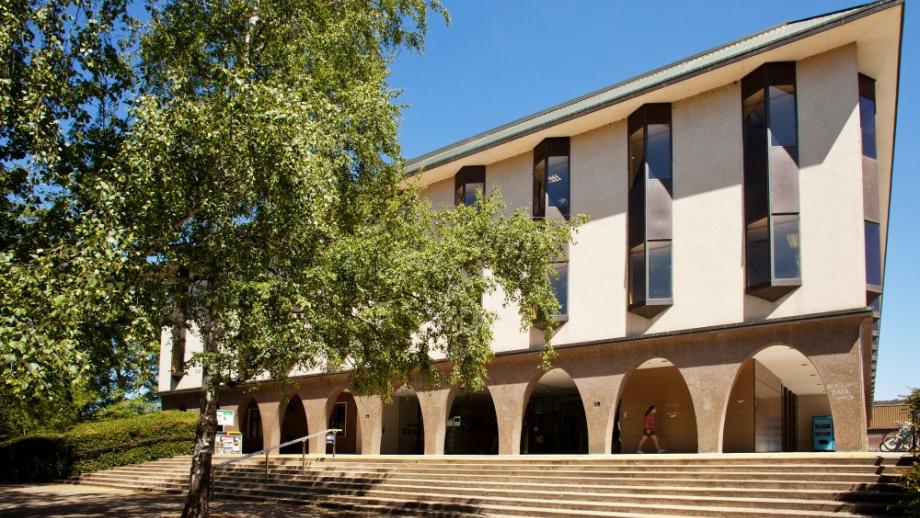The ANU, amongst other universities across Australia, faced significant financial hardship last year. In response to this, the ANU is proposing cuts to the campus libraries.
Across all Australian universities, losses are estimated at $1.8 billion in revenue, resulting in over 17,000 job cuts across the sector. ANU experienced a budget deficit of over $200 million and has predicted continued deficit for the next couple of years. Amidst its financial shortcomings in 2020, ANU announced its Recovery Plan, which proposed job cuts across the university, including through voluntary redundancies.
It has recently been announced that ANU’s libraries were among the affected parts of the University. Libraries experienced a significant reduction to opening hours between March and early June of last year, and some of these reduced hours remain. The ANU justifies this as “reflect(ing) the University’s approach to managing space in 2021 given COVID-19.”
In addition to reduced opening hours, staffing levels have been reduced across ANU’s libraries. The ANU confirmed that “as with all areas in the University, the financial health strategy has meant some reductions in staffing” in the libraries, but did not clarify the exact number of positions lost.
In response to how reduced hours and staffing levels affect students, a spokesperson for the University explained that “throughout 2020, we reshaped services to better meet the needs of students” moving training, reference and information services online, including an “extraordinary number of publications (being made) available digitally to students.” ANU shared that “feedback has been very positive and the use of resources has been amazing.” Further, ANU “reinvented and repurposed spaces to better meet students’ needs” such as refurbishments to the Hancock library basement. The University also re-assured that “students were consulted through the Library Advisory Committee, including representatives from PARSA and ANUSA” in its “rethinking (of) services and spaces.”
According to the ANU Education Activism Network, 17 full-time equivalent positions have taken voluntary separations, including managers of the libraries. The Network highlighted the impact to after hours “stand down” workers at the library, who experienced dramatic reduction to their regular hours last year and are concerned about how reductions to staffing levels will impact availability of services to students.
We acknowledge the Ngunnawal and Ngambri people, who are the Traditional Custodians of the land on which Woroni, Woroni Radio and Woroni TV are created, edited, published, printed and distributed. We pay our respects to Elders past and present. We acknowledge that the name Woroni was taken from the Wadi Wadi Nation without permission, and we are striving to do better for future reconciliation.
